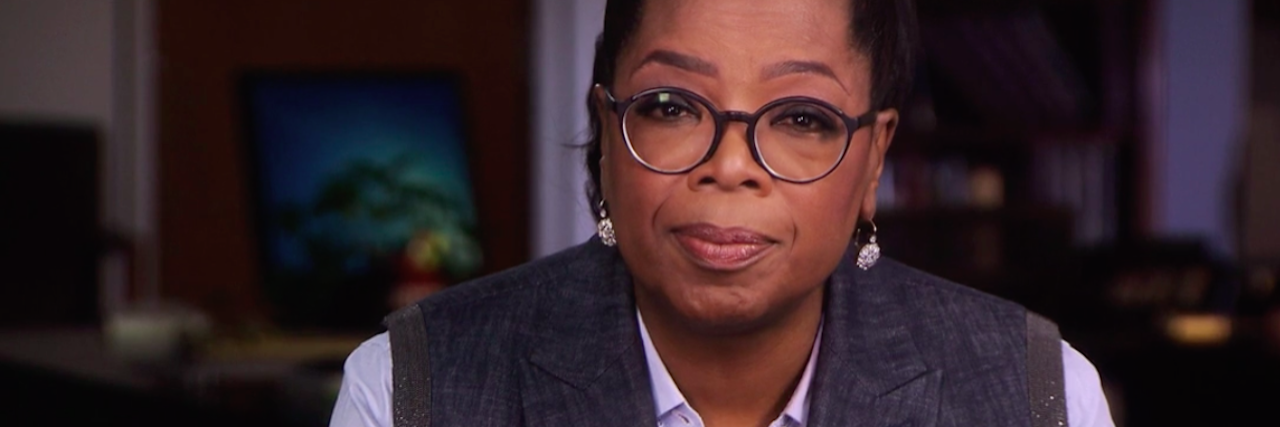Why It's Important Oprah Brought Attention to Trauma Informed Care
When former talk show host Oprah Winfrey dedicated the focus of the much anticipated March 11 episode of “60 Minutes“ to discussing the long-term impacts of childhood trauma with guest Dr. Bruce Perry, mental health counselors everywhere took notice.
Trauma Informed Care, known as TIC, is incredibly important. In today’s society, people are subjected to a non-stop, 24-hour news cycle as reports of mass violence and shootings saturate television and radio waves, and social media feeds across the nation.
Four of the five worst mass shootings in modern U.S. history – Route 91, Pulse nightclub, Sutherland Springs, Texas and the most recent in Parkland, Florida – have occurred in just the past year and a half.
While people are often resilient after difficult times, these events interrupt a sense of order and safety. The impact of these events even extend to individuals who live far outside of an affected area, who have no personal connections to the event. This is especially the case when a traumatic event is human-caused with direct intent of harming others.
This is where TIC comes in. Not only does the practice have the ability to change the culture in schools and reduce the likelihood of kids entering into the School to Prison Pipeline, it helps individuals understand and cope with difficult people and situations in their day-to-day lives.
TIC can also be liberating for teachers, judges, probation officers and social workers as they themselves make sense of the challenging behaviors and acts they witness. TIC allows them to compartmentalize the behavior of those who have experienced trauma and see how they react to the world around them as a product of their trauma history.
Counselors recognize that every connection and experience people have shapes the relationships they will have in the future. People who have had a traumatic experience are wired to see and perceive threats and react in ways that are protective, but at times can also be self-defeating. Children are no different. In fact, they experience heightened sensitivity.
For this reason, childhood trauma often sets the stage for troubled relationships later in life with friends, family members and co-workers.
It is careless to assume everyone has experienced a healthy or “normal” upbringing while attributing the protective defensive behaviors we see to volitional choices — they are not. Instead, they are reactions to pain and injury inflicted long ago — or perhaps recently — as emotional and psychological injuries take longer to heal than cuts and broken bones.
Every day, counselors work with individuals who have developed emotional injuries through trauma, many just beginning to understand how their fears and feelings complicate their lives. For some, it takes days or weeks to overcome, while others spend months and even years searching for meaning and comfort.
However, we are encouraged when we see glimmers of hope. Success stories, while seemingly few and far between, are inspiring and prove people can and do heal from traumatic experiences with the right support system and a treatment framework that encompasses collaboration, compassion and patience.
Perhaps a moral reflection on our fundamental values is the silver lining, not just for mental health professionals, but for humankind. A society that becomes more understanding, tolerant and compassionate in the face of continual attacks is better equipped to overcome the effects of trauma.
We might have a long way to go, but equipping mental health professionals with the resources and knowledge necessary to help individuals – especially children – cope with and talk openly about the challenges of what they see, hear or experience paves a path to empowerment and healing — and healing seems like a great place to start.
Dr. Gerard Lawson is the 66th president of the American Counseling Association. He is also a professor in the counselor education program at Virginia Tech in Blacksburg, VA.
ACA provides numerous resources aiding mental health professionals and those suffering from trauma. To find more information, visit ACA’s Trauma and Disaster Mental Health Knowledge Center here.
SCREENSHOT VIA CBC NEWS/60 MINUTES

